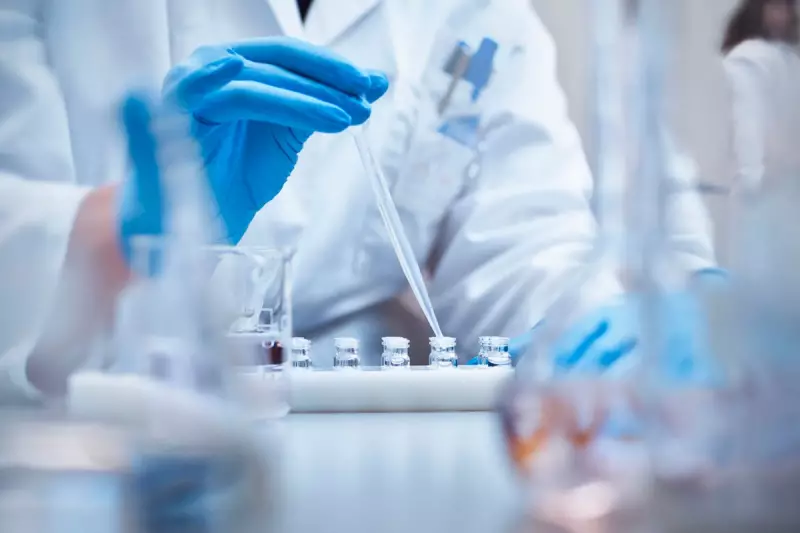
In a revolutionary leap for medical science, artificial intelligence has been harnessed to discover a new class of antibiotics that could effectively combat some of the world's most dangerous drug-resistant superbugs, including gonorrhoea and MRSA.
The AI-Powered Solution to Antimicrobial Resistance
Researchers have developed an advanced AI system capable of analysing millions of chemical compounds to identify potential antibiotic candidates. This cutting-edge technology has already pinpointed several promising compounds that show remarkable effectiveness against resistant strains of bacteria.
Tackling Global Health Threats
The breakthrough comes at a critical time, as antimicrobial resistance continues to pose one of the greatest threats to global health. Diseases like gonorrhoea, once easily treatable, have become increasingly resistant to existing medications, with some strains now classified as 'superbugs'.
How the AI System Works
The innovative AI platform works by:
- Scanning vast databases of molecular structures
- Predicting which compounds might have antibiotic properties
- Identifying those likely to be effective against resistant bacteria
- Suggesting modifications to enhance potency
This approach dramatically accelerates what was traditionally a slow and expensive drug discovery process.
Potential Impact on Healthcare
The newly discovered compounds could transform treatment for:
- Methicillin-resistant Staphylococcus aureus (MRSA)
- Drug-resistant gonorrhoea
- Other multi-resistant bacterial infections
Experts suggest this development could save millions of lives annually and significantly reduce the burden on healthcare systems worldwide.
The Future of AI in Medicine
This breakthrough represents just the beginning of AI's potential in pharmaceutical research. Scientists anticipate that similar approaches could be applied to develop treatments for other challenging diseases, potentially revolutionising medicine in the coming decades.
While clinical trials are still needed, the initial results have generated considerable excitement in the medical community, offering new hope in the ongoing battle against antimicrobial resistance.





